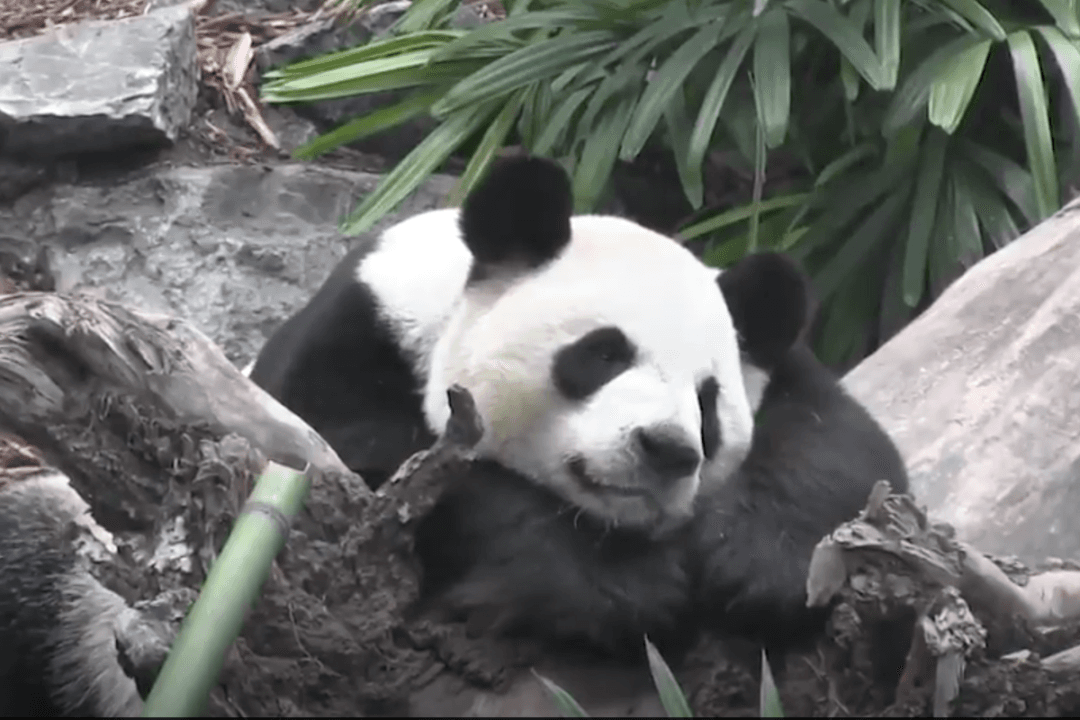With its last three giant pandas set to be returned to China in December, the Smithsonian National Zoo will no longer have any pandas for the first time in 50 years.
After former President Richard Nixon’s visit to China in 1972, the communist regime adopted “panda diplomacy” at the National Zoo in Washington D.C., which has since continually hosted giant pandas from China symbolizing the warming of U.S.–China relations.




